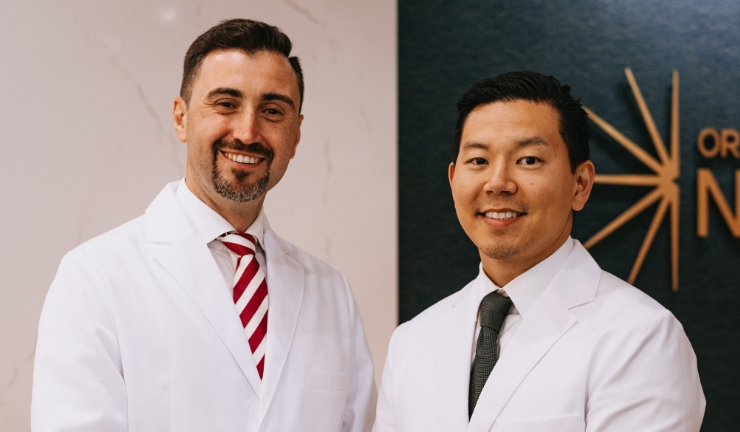Recovery from a Tooth Extraction Procedure: The Process
After your surgery, it is important to maintain good oral hygiene and avoid chewing on the extraction site for several weeks. We also recommend that you limit physical activity and other activities that cause discomfort until you recover completely. More detailed guidelines are available on our “After Tooth Extraction” page.
What Is the Recovery Time for a Tooth Extraction? How Long Does It Take to Heal?
Oral and Facial Surgery of Naperville uses advanced technology and techniques to reduce post-operative pain. You can expect a quick recovery if you have a simple extraction on a tooth that has already erupted. You may need more time to recover depending on the difficulty of the extraction, the presence of infection, and your tolerance for discomfort.
How Long Should I Expect to Be Out of Work or School?
Plan to spend 1-2 days away from work or school after your procedure. We encourage patients to recover fully before they go back to their daily responsibilities.
Will I Be Able to Eat Immediately After a Tooth Extraction?
After your surgical site stops bleeding, you should try to eat something soft and bulky, such as a milkshake. This can help with absorbing the pain medication that you will take following the procedure. Stick to other soft foods until the site heals completely, which can take about one week.
How Long Will the Pain Last and What Can I Do for Pain Management?
Typically, the pain goes away within 5-6 days of tooth extraction. If your tooth was infected and if the area was painful before the procedure, you might need more time to recover.
You can treat severe discomfort using the medications we prescribe, and you can resolve moderate pain by taking ibuprofen or TYLENOL®. Always follow the dosage and frequency prescribed. We encourage patients to eat enough food when they are taking pain medication to prevent an upset stomach.




